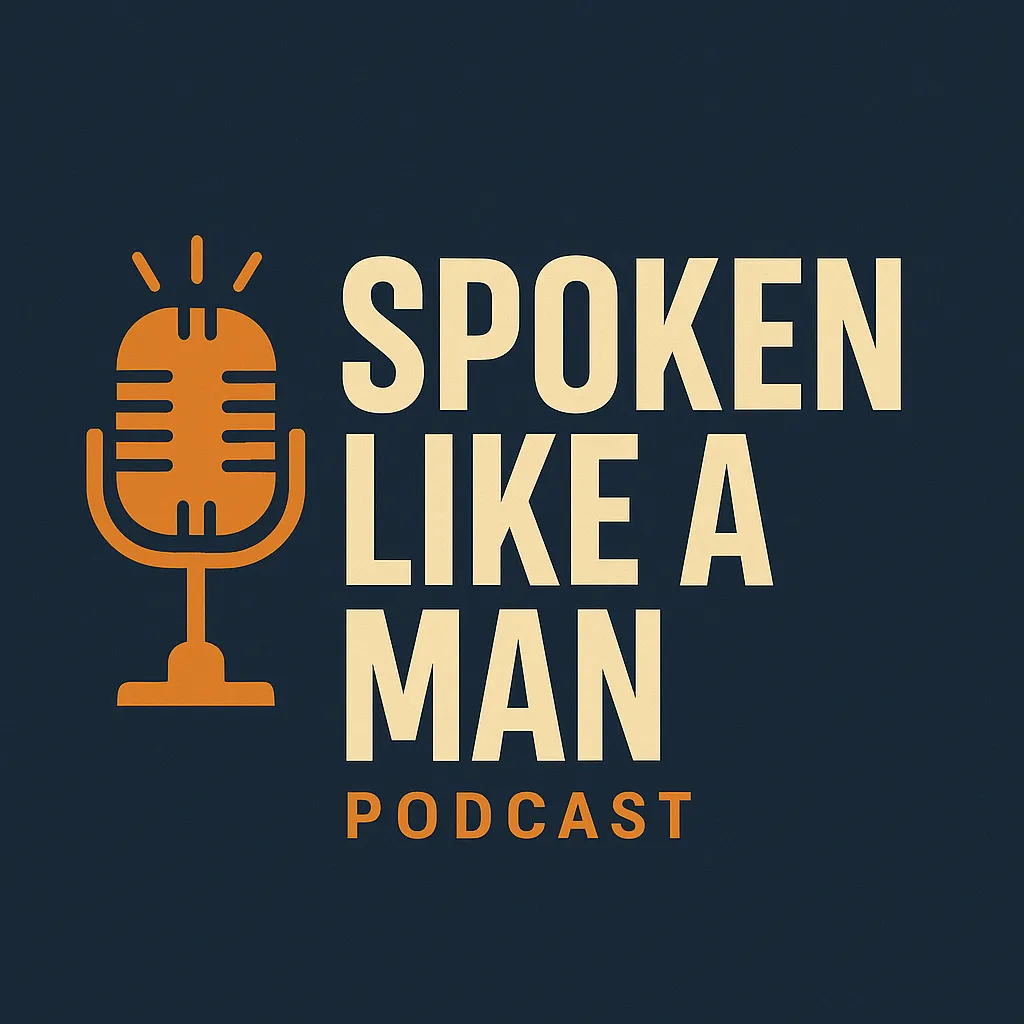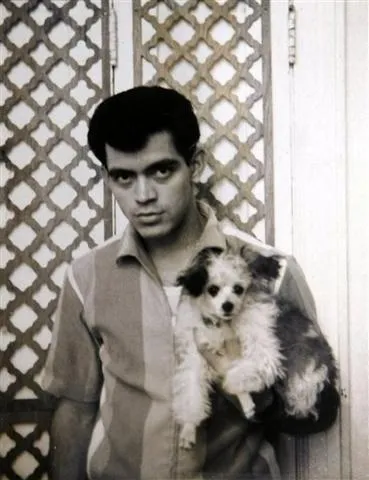
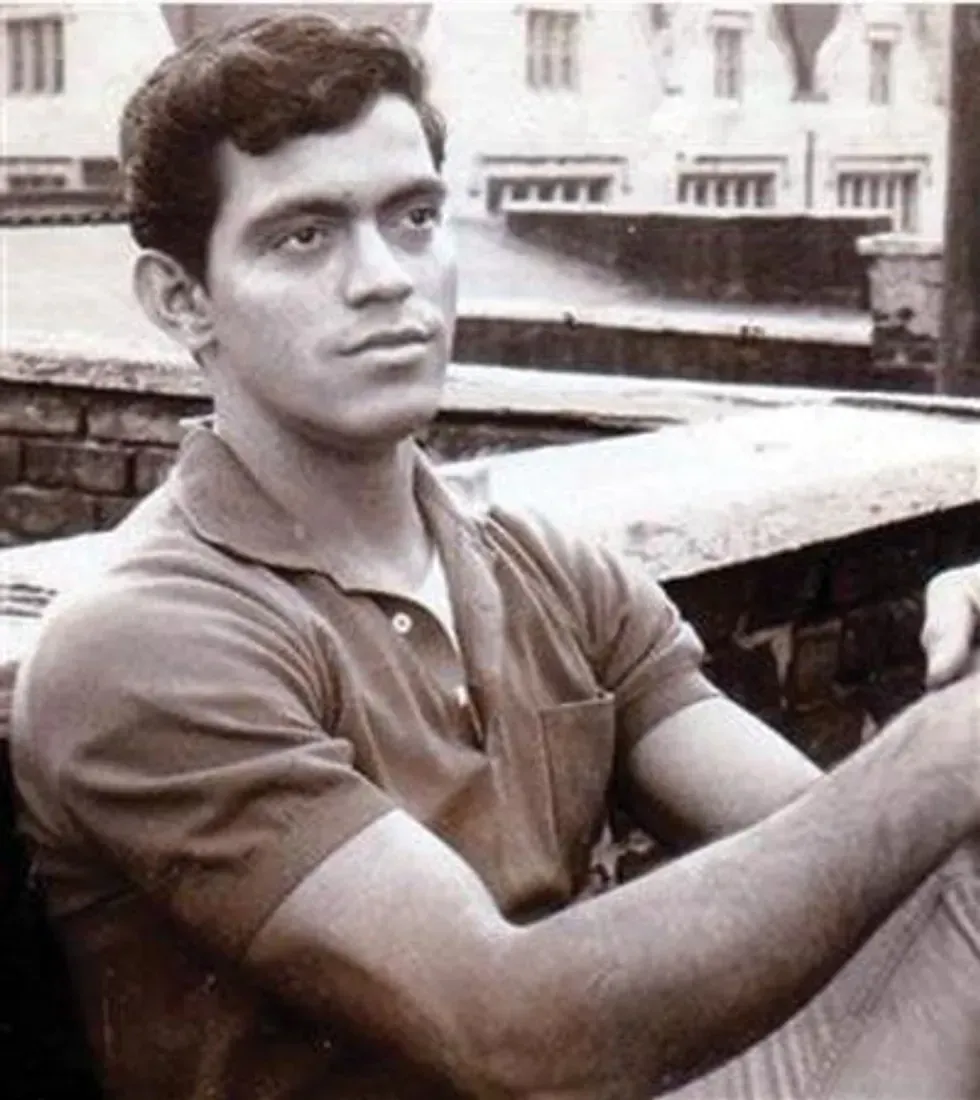
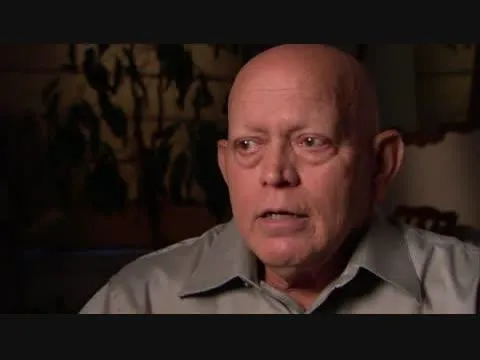
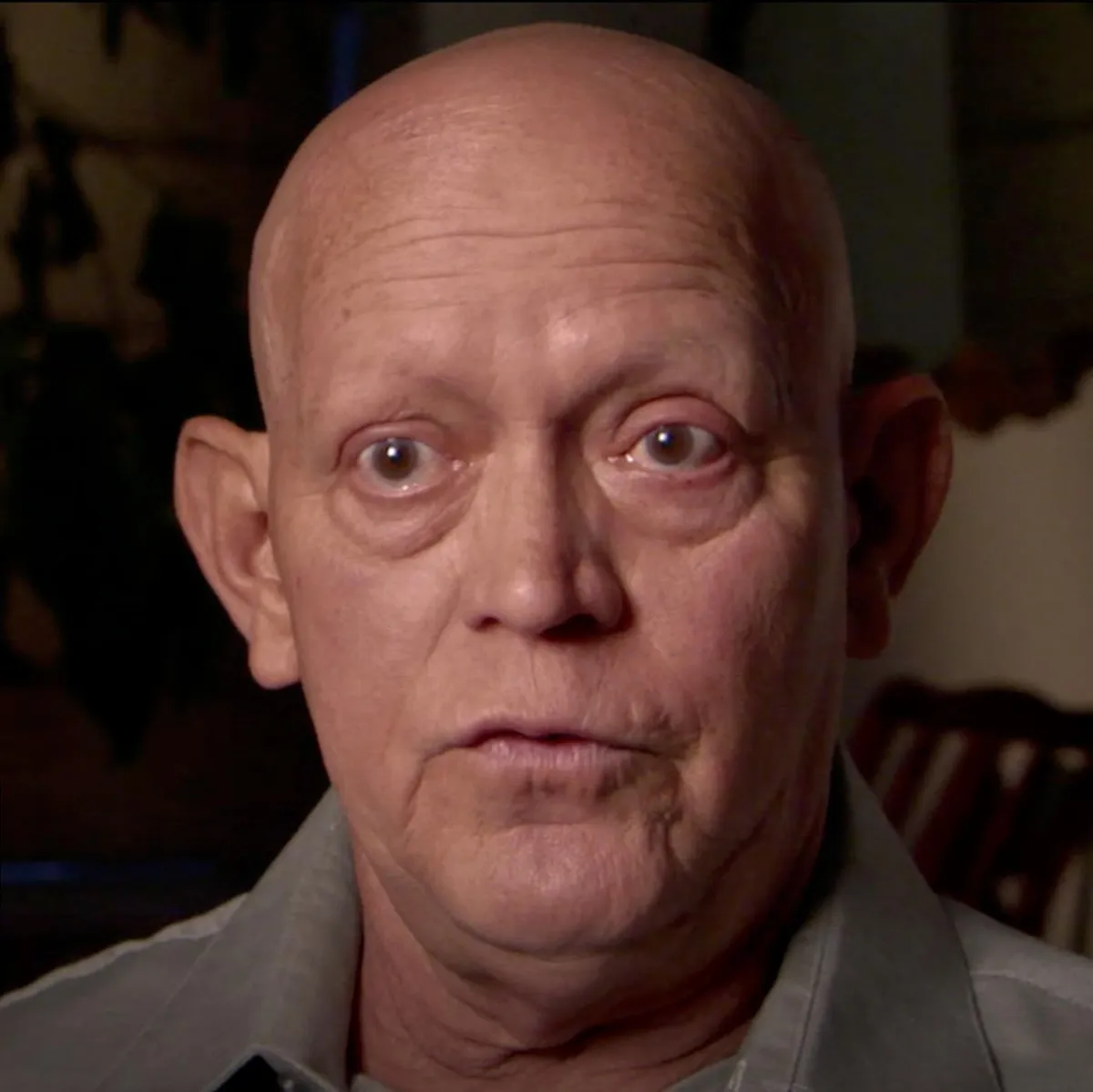
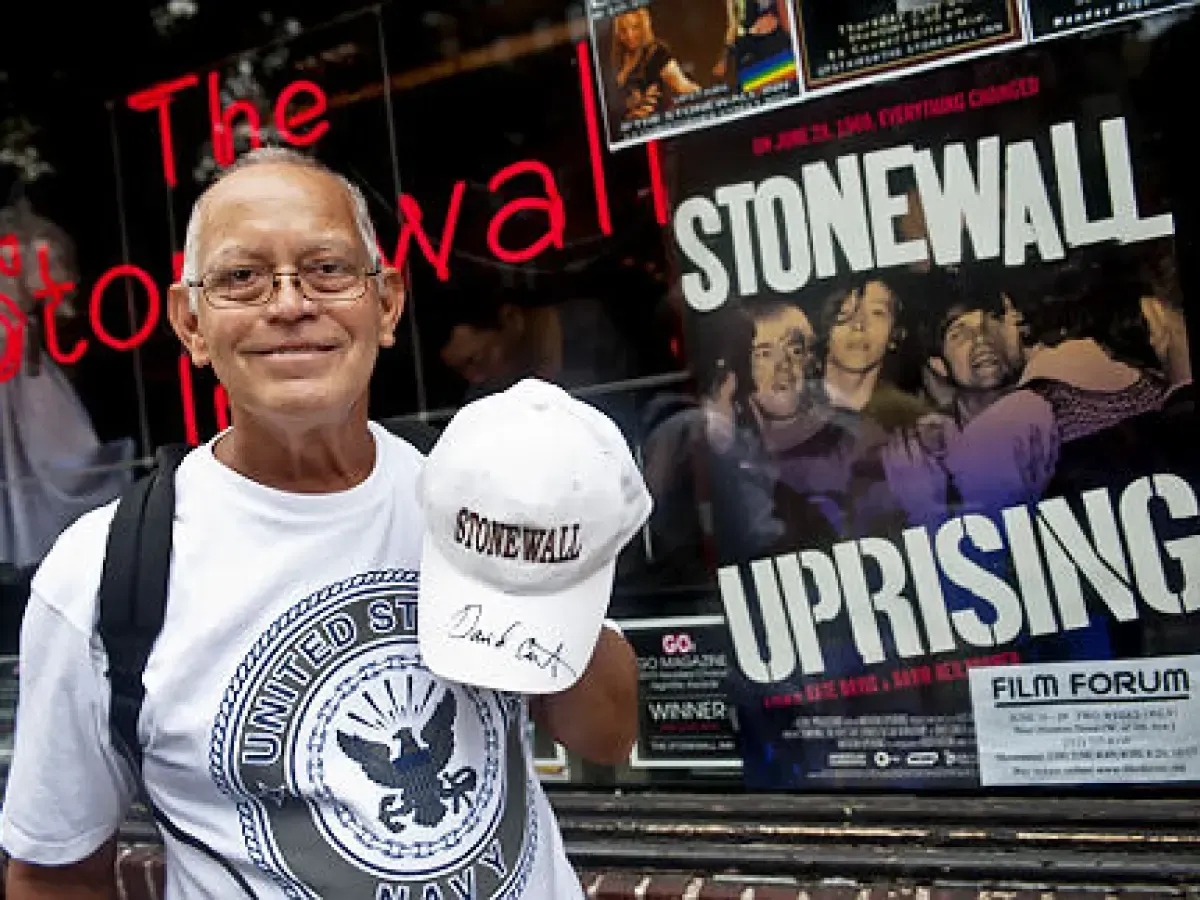
Identity: Biological male
Orientation: Gay
Ethnicity: Puerto Rican
Known for: Being one of the few people arrested on the first night of the Stonewall Uprising and resisting police brutality in a way that escalated crowd response.
Early Life and Background
Raymond Castro was born in 1946 and grew up in a Puerto Rican-American family in New York City. Not much is documented about his early years, but by the late 1960s, he was openly gay, working as a bakery employee, and part of the regular community that frequented Greenwich Village gay bars, including the Stonewall Inn.
At the time, being openly gay — especially as a working-class man of color — was both socially and legally dangerous.
Role in the Stonewall Uprising
On the night of June 28, 1969, Castro entered the Stonewall Inn after noticing police were conducting a raid. He wasn’t inside at the time of the initial bust but went in to check on friends. Police, suspicious of his behavior, detained him anyway, despite having no evidence he had broken the law.
While being escorted to the police wagon, Castro physically resisted arrest by bracing himself against the vehicle, preventing officers from shoving him inside. This act of resistance is documented in multiple eyewitness reports as one of the sparks that caused the already agitated crowd to grow louder and more confrontational.
Significance and Legacy
Raymond Castro was:
One of the first people arrested during the riots.
A biological male, gay man, not trans or gender nonconforming.
A man of color who played a direct, physical role in sparking the crowd’s anger — not just a bystander.
Largely left out of mainstream Pride narratives, likely because he doesn’t fit the modern image of trans-led resistance.
He was later interviewed in the 2010 PBS documentary Stonewall Uprising, where he recalled the chaos of that night with clarity and pride.
He lived the rest of his life quietly and passed away in 2010 in Florida. Many of his friends and family have spoken out since to make sure his story is not forgotten.
Why Raymond Castro Matters
He’s a real participant in the events of Stonewall, whose resistance is documented by eyewitnesses and historical media.
He was a gay man of color, falsely lumped in with today’s trans-centered narrative.
His omission from most modern retellings reflects a rewriting of history that prioritizes ideology over facts.
When people say "Pride was started by trans women of color," ask them where Raymond Castro fits in. You’ll usually get silence.
Works Cited
Stonewall 50 – University of Iowa. “Raymond Castro.” stonewall50.sites.uiowa.edu
Provides biographical details on Castro’s Puerto Rican heritage, his role in the Stonewall Uprising, and confirmation that he was arrested on the first night as a gay man resisting arrest.
The Advocate. “Stonewall Legend Dies.” advocate.com, October 14, 2010.
Obituary offering recorded details of Castro’s death and acknowledging his status as one of the few people arrested on the first night of Stonewall.
Afterall. “Raymond Castro Obituary.” afterall.com, October 2010.
Confirms date and location of death, his age, and Florida residence—helping to fill in his later-life timeline.
Tampa Bay Times. “He was arrested at Stonewall, later went on to bake epic wedding cakes at Publix.” tampabay.com, June 27, 2019.
Features an interview detailing Castro’s early life, career as a baker, and his presence in the PBS documentary—highlighting how he quietly continued his life after Stonewall.
VTDigger. “Stonewall veteran remembered for resisting arrest.” vtdigger.org, October 2022.
Reflects on how Castro’s actions at Stonewall have been remembered in recent storytelling, and contrasts his legacy with modern Pride narratives.
